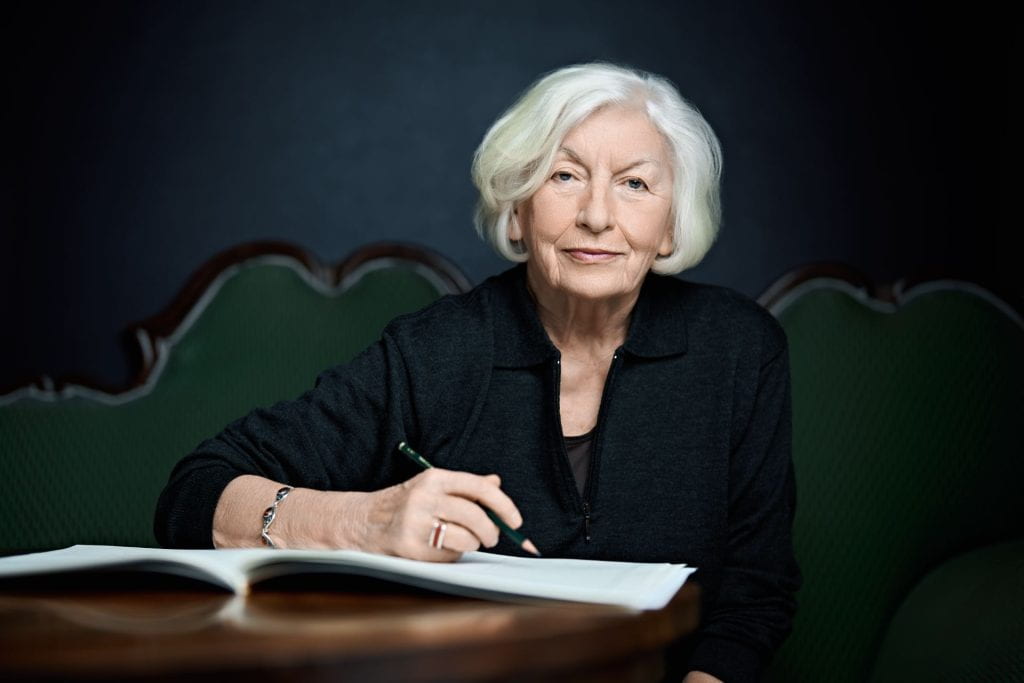Worldwide celebrations of composer Elżbieta Sikora’s eightieth birthday year continue apace. On May 15, France’s Institute for Research and Coordination in Acoustics/Music (IRCAM), one of the world’s largest public centers dedicated to musical creation and scientific research, published an extensive article summarizing Sikora’s life and oeuvre. Author Michèle Tosi used a telling quote for the article’s title—“Finding the sound that belongs to me, that defines me”—for it captures the nature of Sikora’s music that is neither “serial nor spectral,” as Tosi concludes at the outset.
After a brief introduction covering Sikora’s early studies with Tadeusz Baird and Zbigniew Rudziński in Warsaw and her experience with the Groupe de Recherches Musicales under Pierre Schaeffer and his team in the 1960s, Sikora established herself in Paris in the early 1980s. In the following section that discusses Sikora’s catalogue of compositions under the heading, “Le jardin de sons de Sikora” [Sikora’s garden of sound], Tosi notes that “… driven by her sensitivity as a musician and her acute listening to sound phenomena—as well as because she travelled a lot—Sikora has made many recordings of the environment surrounding her: the sounds of the sea, the noise of the cities, the din of glass containers, the clatter of stations and other transport hubs that convey images, sensations and memories.” The author also cited a French composer Christian Zanesi, who described Sikora as the “sound omnivore,” who utilizes field recordings as much as synthesized sounds.

In the following sections of the article, entitled “The Mixture of Sources: from Mixed Works to Live Electronics” and “The Interchanging of Practices,” Tosi discusses such seminal opuses as La tête d’Orphée II, Voyage 1, Lisboa, tramway 28, and the Axe Rouge series, as well as Sonosphère II. My’Kaddisch, Sextour à cordes hommage à Witold Lutosławski, Concerto pour violon and Soleos. Sikora’s operatic work is also analyzed, including the early chamber opera Ariadne (1977) and the celebrated Marie Curie (2012).
Sikora’s most recent works, including Liquid Air (2021), Ouverture (2023), and Tenebrae (2023), also elicit some insightful comments from Michèle Tosi, a noted French musicologist and Editor-in-Chief of Res Musica. Quoting Sikora’s statement about her music, “I want it to lead somewhere, to convey something, [and] that’s how it will define me,” Tosi concludes that in Sikora’s protean and plentiful opus, the composer “does not forget any genre or practice, whether she selects ‘the art of fixed sounds’ and the spells of the studio or the resources of instrumental writing and a text, but adheres to the same willingness that embraces the realm of possibilities in terms of perception and of sound expression.”
The entire article in French can be accessed at: https://brahms.ircam.fr/fr/elzbieta-sikora#parcours, with an abbreviated version of in English on the same site. Quotes above were translated from the original French.
[Source: email from the composer; Photo credit: Bartosz Krupa]
